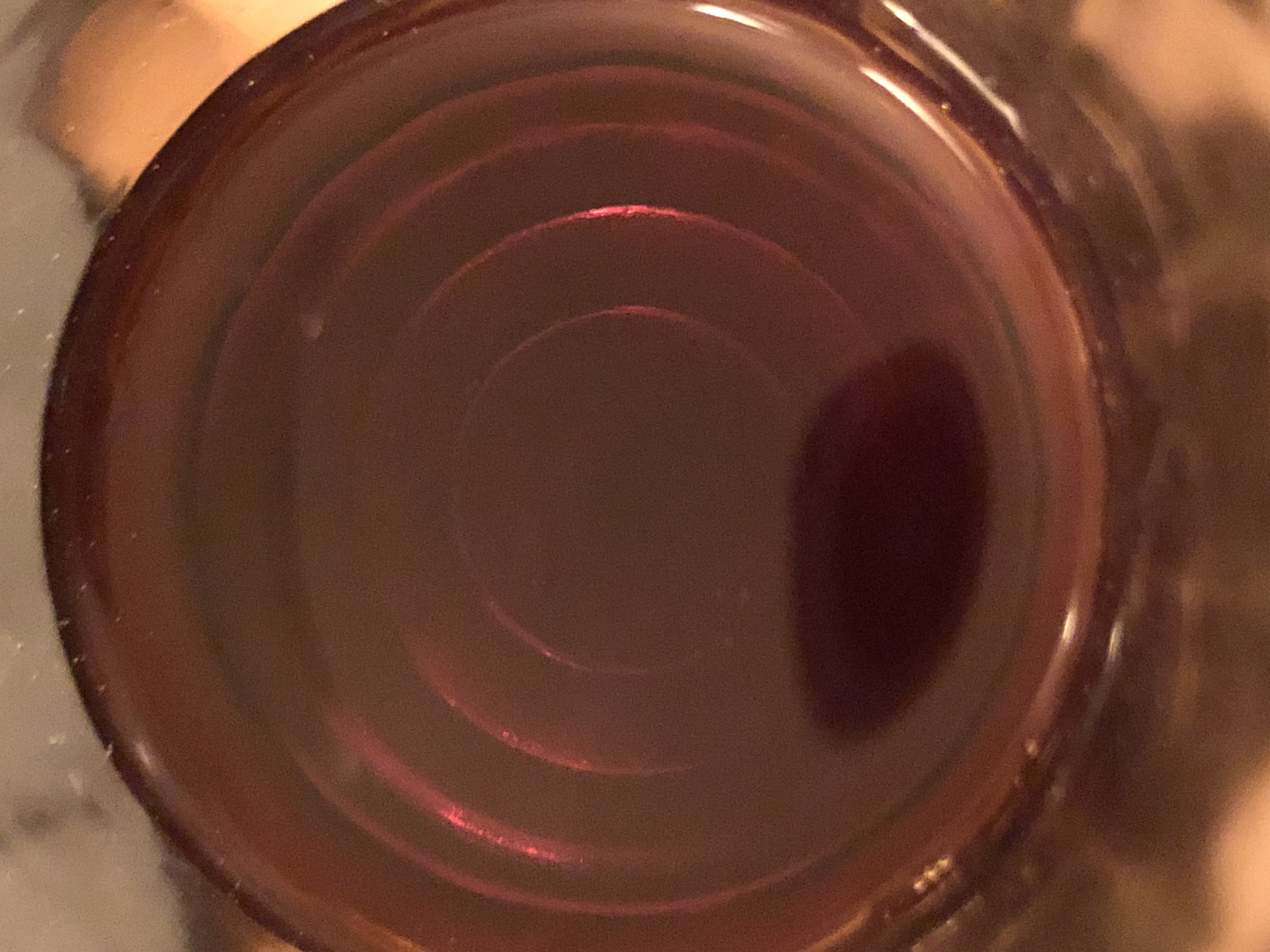Eleven people woke up this morning to go to Temple on the Sabbath. It was a normal Saturday. Parents had to corral their kids to get dressed, everyone had to be up early. There were probably kind words and a few arguments along the way.
Hours later they were mowed down by an evil gunman. Thoughts, prayers, and takes spill forth from across the country and around the world. Some friends and family won’t learn of the news until sundown – it is the Sabbath after all.
It doesn’t matter who the individual is. His name will be splashed across the news and every trace of his life will be dissected endlessly by a media hungry for content and your attention. He doesn’t matter, but the meaning of the act does. It was very evil, and very real.
Jewish families in the Middle East have to deal with this reality every day. Decades ago, Jewish families in Europe went into hiding for years or fled for their lives, fearful of suffering a similar fate simply because of their lineage, of their belief.
A horrific atrocity like this should bring us together, but won’t. It’ll fall from the headlines before the weekend concludes. It’ll briefly resurface during a trial. Angry words will be spoken and further acts will potentially be committed with this one in mind.
It may seem counterproductive for us to go about our daily lives, but that’s all we have left. We should relish the small battles of the day, the arguments with loved ones, getting ready for work or school, the Saturday mornings. After all, any day it could end. We may speak a bit kinder, or take each other into more consideration, but knowing us, it will be fleeting.
Tragedy serves no purpose other than to perpetuate the chaos of the universe. It could be a car accident. It could be a terminal diagnosis. It could be a house of worship coming under fire. There will always be crazy. There will always be evil. And there will always be tools to facilitate it.
We cannot afford to upend our daily lives because the headlines change. We can afford to live them to the fullest. To love, even when it’s difficult. To be positive. To combat isolation. Individuals who feel a part of their community don’t commit mass tragedies.
It starts with reaching out into the enemies of our own lives. We all have one person we greatly dislike but would weep over if suddenly, they were gone. We may be that person to them. They may have hurt us. We may have hurt them. Personal battles could rage for decades at great cost, and to no good ends. It may be difficult for us to let go of that enmity, but we could start by being positive. Wishing that person better. Letting them know we’re there.
If we do that enough, we may be able to make things a little easier for everyone.
At the end of the day, no one wishes they hated more.

Leave a Reply